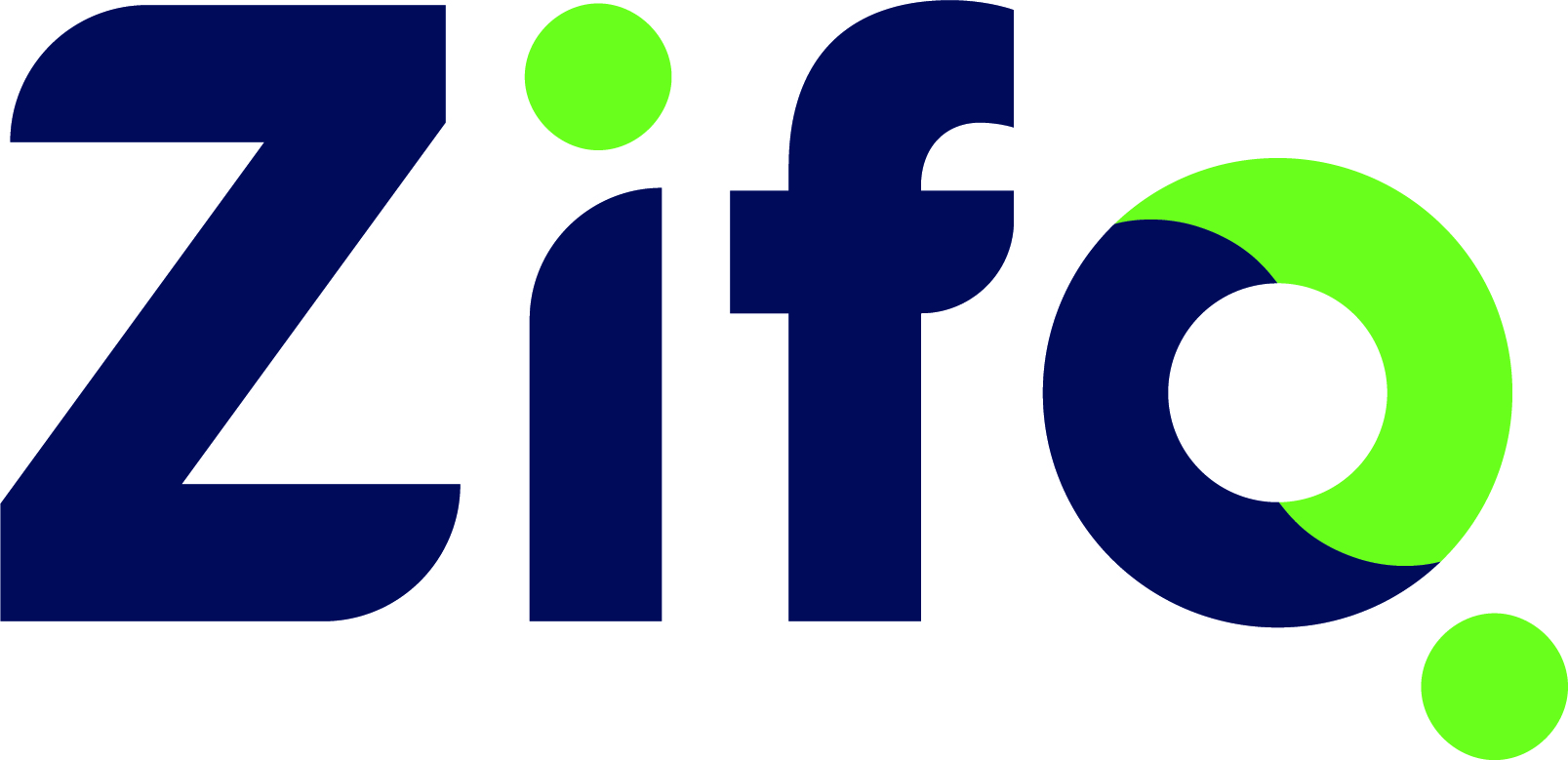Introduction
Laboratory organizations face considerable challenges in managing and integrating data from various sources. These challenges include:
- Manual Data Entry: Hinders productivity and compromises data integrity
- Complexity of Data Types: Managing diverse data types complicates organization and storage
- Alignment Issues: Time-consuming and error-prone alignment across departments and systems
- Inefficient Workflows: Delays in decision-making and impacts on operational efficiency
These challenges highlight the need for automated, integrated solutions like LDAS (Laboratory Data Automation System). LDAS is developed to streamline your data management, ensure data integrity, and enhance productivity in your laboratory environment by automating data capture, standardization, and integration across various systems and instruments.
LDAS Core Philosophy
LDAS enables and leverages open frameworks and architectures, adhering to ALCOA+, Modularized, FAIR, and Data Integrity principles.
- FAIR Data Solution
LDAS ensures laboratory data integrity by adhering to the FAIR principles, making data findable through rich metadata, accessible via secure authentication, interoperable with various applications, and reusable through comprehensive descriptions of data and metadata.
- Modularized Approach
LDAS utilizes a modular, open framework that enables easy deployment on any cloud or server architecture. This modularization provides you with a variety of options to choose from, ensuring flexibility and scalability.
- Data Integrity Solution
LDAS addresses data integrity challenges in Life Sciences laboratories by ensuring electronic records for instrument data, complete with traceability, audit trails, access, and security mechanisms.
- ALCOA+ Principles
LDAS adheres to ALCOA+ principles to ensure data integrity
- Attributable: Data clearly indicates who performed an action and when
- Legible: Data is readable and understandable throughout its lifecycle
- Contemporaneous: Data is recorded at the time the activity is performed
- Original: Data is the original record or a certified true copy
- Accurate: Data is correct and free from errors
By integrating these principles, LDAS enhances its capabilities to provide a comprehensive data integrity solution that complies with industry standards and enhances connectivity throughout the entire laboratory data management process.
Key Features of LDAS
LDAS supports various communication protocols for data capture, including file-based communication, REST API, database calls, serial port communication like RS232, and OPC protocol communication. You can connect and integrate with a wide range of laboratory instruments seamlessly, ensuring flexibility and compatibility.
LDAS standardizes your data by converting it into a consistent format, making analysis simpler and more reliable. This ensures that all data is uniform, reducing errors and enhancing accuracy. With standardized data, you can seamlessly integrate and compare information from different sources. This consistency is crucial for obtaining precise and dependable results.
LDAS allows you to define and manage multiple automation workflows for different Standard Operating Procedures (SOPs). This feature enables you to customize and optimize your laboratory processes, enhancing overall efficiency and productivity. Additionally, LDAS provides prebuilt components that you can use to assemble and quickly automate your workflows.
LDAS processes and stores all data, enriched with metadata, in a centralized archival module. This centralized storage ensures that your data is easily accessible, well-organized, and secure, making data management more efficient.
How LDAS Works?
LDAS automates lab processes by connecting to instruments, collecting, enriching, and standardizing data, and securely storing it. It automates tasks and analysis, facilitates data validation and review by exception, and integrates with LIMS and ELN. This enhances efficiency, data quality, decision-making, and regulatory compliance.
Real-Time Data Retrieval
Automate data transfer from instruments in real time using readily available communication protocols in LDAS like RS232, OPC to ensure data integrity.
Ensure Data Integrity
LDAS implement ALCOA+ principles in GxP validated environments by maintaining electronic signatures and audit trails to ensure traceability and data integrity. It uses version-controlled storage with standardized metadata to manage large data volumes across labs, enhancing overall data integrity and compliance.
Secure Data Transfer and Access Control
LDAS automates data transfer processes across applications and enforces location-based and role-based access controls to ensure data security.
Reduce Manual Intervention
LDAS simplify data transfer, curation, and exception review processes while automating the end-to-end data flow from instruments to ELN/LIMS with minimal manual intervention.
Centralized Instrument Data Management
LDAS consolidates data from various instruments into a centralized solution, standardizing and homogenizing it for simplified analysis.
Informed Decision Making
LDAS automates data extraction and analysis to speed up decision-making, improve efficiency, and minimize manual errors through dynamic review-by-exception approaches.
LDAS Modules
LDAS is modularized giving number of options for customers to choose from. The various modules in LDAS are following.
Platform is the core of LDAS, providing you with the foundational infrastructure and services needed to support all other modules. It ensures seamless integration, scalability, and security across your entire system.
Instrument module supports multiple communication protocols, enabling real-time data capture and ensuring data integrity from diverse sources.
Orchestration module manages the flow of data across different systems within your laboratory. It automates workflows, reduces manual intervention, and minimizes errors, ensuring efficient and streamlined operations.
Archival module is responsible for the centralized storage of all your laboratory data. It ensures that your data is well-organized, easily accessible, and securely archived for long-term use and compliance.
Updated 3 months ago
